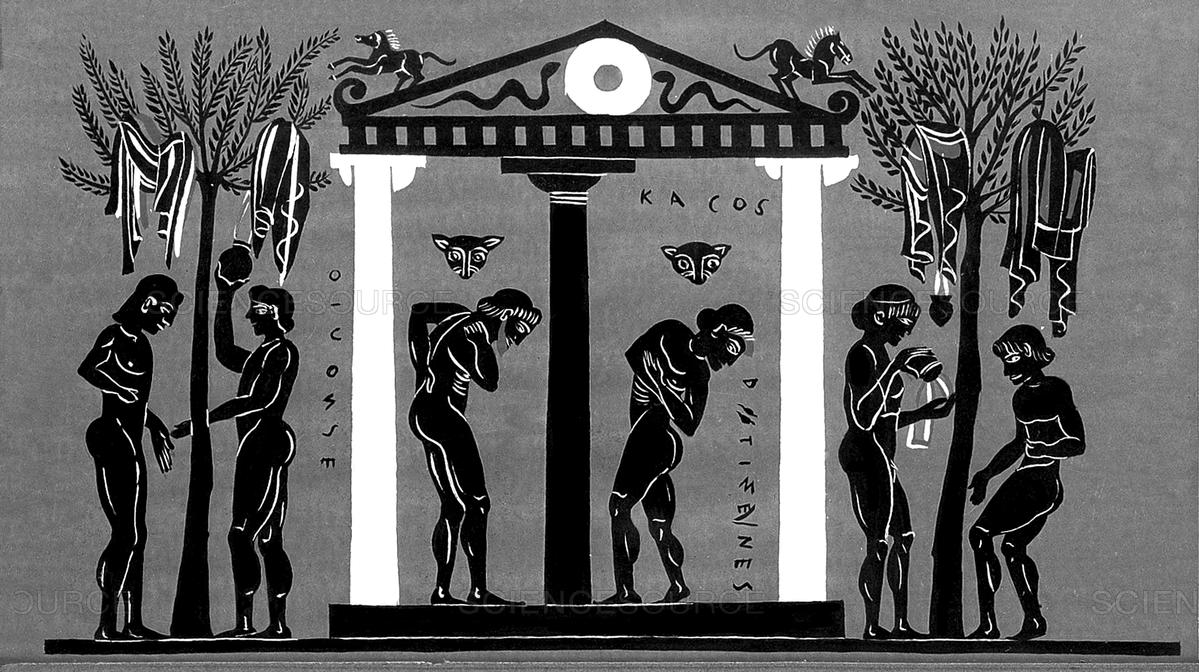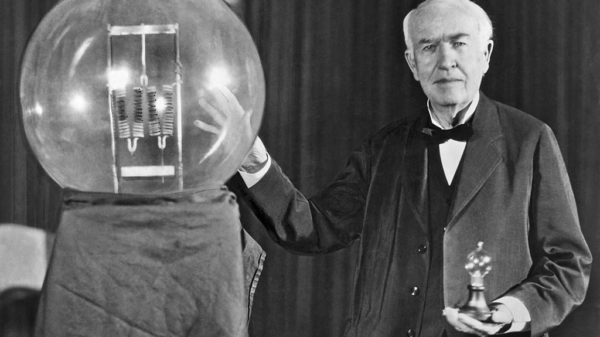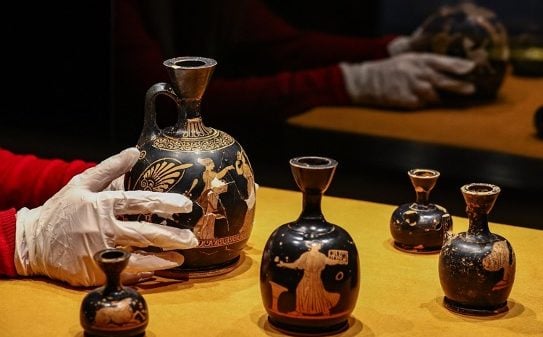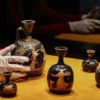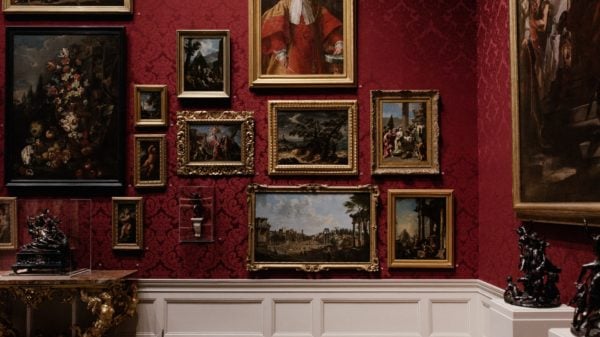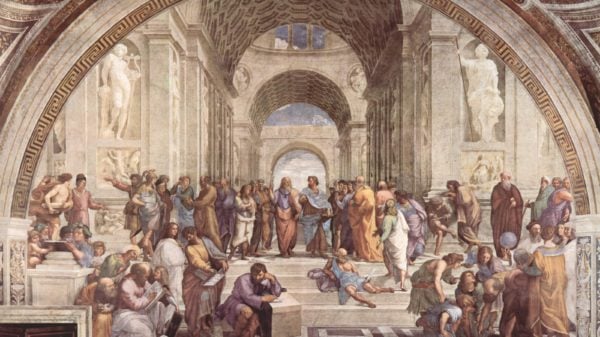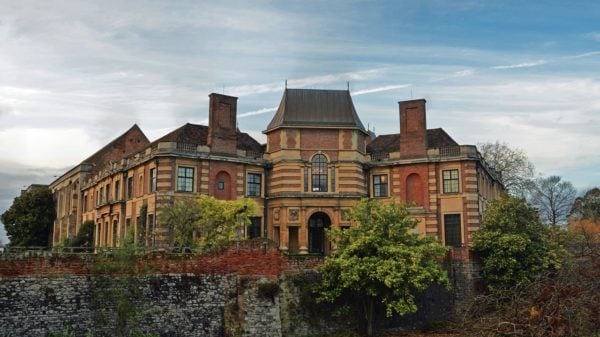Several people don’t see the importance of following good hygiene. They think it’s only a tad element of grooming. However, the necessity to groom oneself swiftly was as crucial in the early years as it is now. Getting a bath in the tub was inconvenient. Ergo, people bathe under the waterfalls instead. Such setups were considered the first-ever showers of the locals.
First Human-made Shower
During the early years of Mesopotamia and Egypt, the first human-made shower was introduced. This provided people the privilege to take a bath in their house, enjoying the privacy they needed. But this was only available to affluent families since bathing requires the assistance of another person, usually a slave, to pour liquid from above. Several paintings on the wall in some buildings and temples showed how Egyptian queens and their family members bathed while servants were nearby to help them. When the luxurious properties in Amarna, Thebes, El Lahun were excavated, chambers were found to have sloped floors that enabled bath water to flow to the drainage system.
There were indoor shower rooms at gyms that people made via developing conduits and plumbing in the olden Greeks. An intense water flow came from the ceiling, and individuals moved underneath it. Like the Greeks, the Romans also had their versions installed in the bathhouses. Such bathing areas were still around during the Mediterranean times and up until the recent years in England.
Christian Era
Following the Roman Empire and the emergence of Christianity, bathing in public was no longer acceptable, particularly when men and women did it together. Christianity found it to be promoting lust since both sexes stripped naked while showering simultaneously. While public bathing was no longer observed in Mediaeval years, sanitation remained to be crucial. The crusaders carried soap from the East going to Europe, and producing soap turned to be a legit business back in the Dark Ages. The discontinued things were the so-called sophistication in their water and drainage systems introduced by the Romans and Greeks. By then, individuals resorted back to taking a bath in tubs made of wood.
18th Century
Interest in following good personal hygiene started to develop again by the time it reached the 18th century. This was due to the progression in epidemiology and medicine. However, bathing became an unhurried process. The tubs became bigger and necessitated huge amounts of water. But before pouring it, the buckets of water were heated first at the kitchen and then transported to the bathroom. Bathing took so much effort.
Fortunately, the first mechanical shower was invented by an English stove and heater producer, William Fetham. The device had a basin and a hanging water tank. The person has to manually pump the water from the basin to flow through the tank, tug a chain to release the water over their head, and repeat the entire procedure.

Modern-day shower.
19th Century
Fast forward to the 19th century, individual baths were replaced with communal showers used by prisoners. Its development continued with the installation of more showers in the barracks at the French army. At the same time, a water heater was also introduced to prevent people from taking cold showers. The advances of indoor plumbing created a connection from free-standing showers to their running source.


